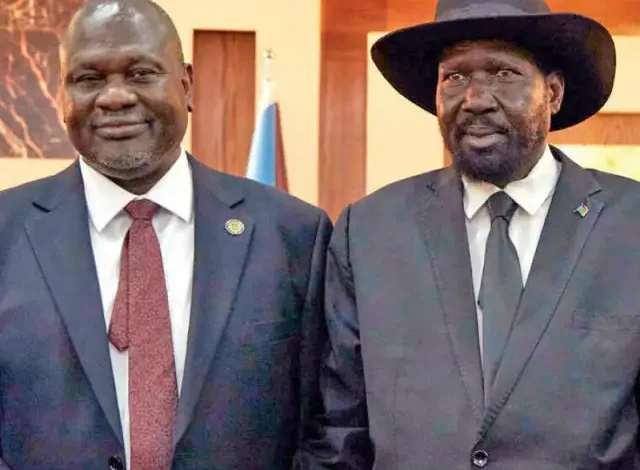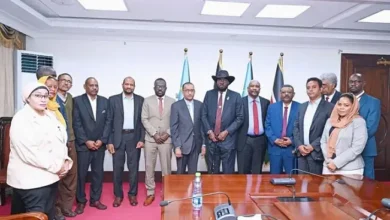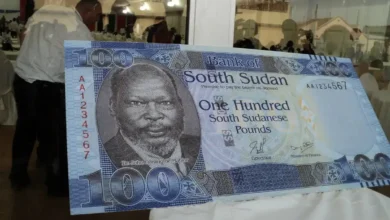UN’s assertion that there is no alternative to the implementation of the South Sudan Peace Agreement

The United Nations Security Council examined the situation in South Sudan and this month marks four years since the signing of the revitalized peace agreement on the resolution of the country’s conflict.
The members of the Security Council heard a briefing by the Special Representative of the Secretary-General and Head of the United Nations Mission in South Sudan (UNMISS), Nicholas Haysom, on the Secretary-General’s latest report covering developments between June 1 and August 31.
The Secretary-General’s report refers to plans by the African Union Commission, the United Nations and the Intergovernmental Authority for Development (IGAD) to establish a “joint working group that will develop a strategy to mobilize support for constitutional and electoral processes in Southern Sudan.”
“Since 2018, the revitalized peace agreement to resolve the conflict in the Republic of South Sudan has provided the framework for strengthening South Sudan’s transition from conflict to peace,” Haysom said, noting that the foundations of the peace agreement remain in force.
Haysom noted that as the end of the transition period approached, “it became increasingly clear that the parties were unable to complete implementation of the key provisions of the agreement by February 2023 – the original deadline for transition.”
As that window clogged, on August 4, the signatories agreed on a road map to complete the remaining tasks of the country’s transition.
Haysom spoke of “mixed reactions” to the decision to extend the transitional period, “by many South Sudanese who hoped that they would be ready to vote in a democratic electoral process.”
The road map’s extension has been opposed by some actors in southern Sudan, including many non-signatory groups and civil society organizations.
Haysom emphasized that, nevertheless, there was no alternative to applying the peace agreement. “This was reflected in the positive vote of 37 of the 43 members (two-thirds majority) of the revitalized Joint Monitoring and Evaluation Committee in approving the extension.”
He stressed that the road map was a “traffic point” and not an “end point” in South Sudan’s journey along the path to democratization.





